6 Thrillers That Are Considered Offensive by Today’s Standards
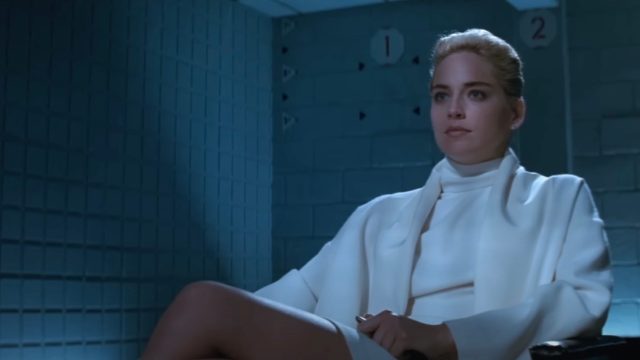
Sometimes, the only way to see how far we’ve come is to look back at what came before. Movies, especially popular thrillers, are a great way to gauge how societal standards have shifted. “That didn’t age well” may be a popular meme to refer to online commentary, but can also be true of films that were hits in their day, even if some of the world already saw them as controversial. Read on for six thrillers, some even considered classics, that are too offensive to even imagine them being made the same way today.
READ THIS NEXT: 6 Comedy Movies That Are Offensive by Today’s Standards.
1
Dirty Harry (1971)
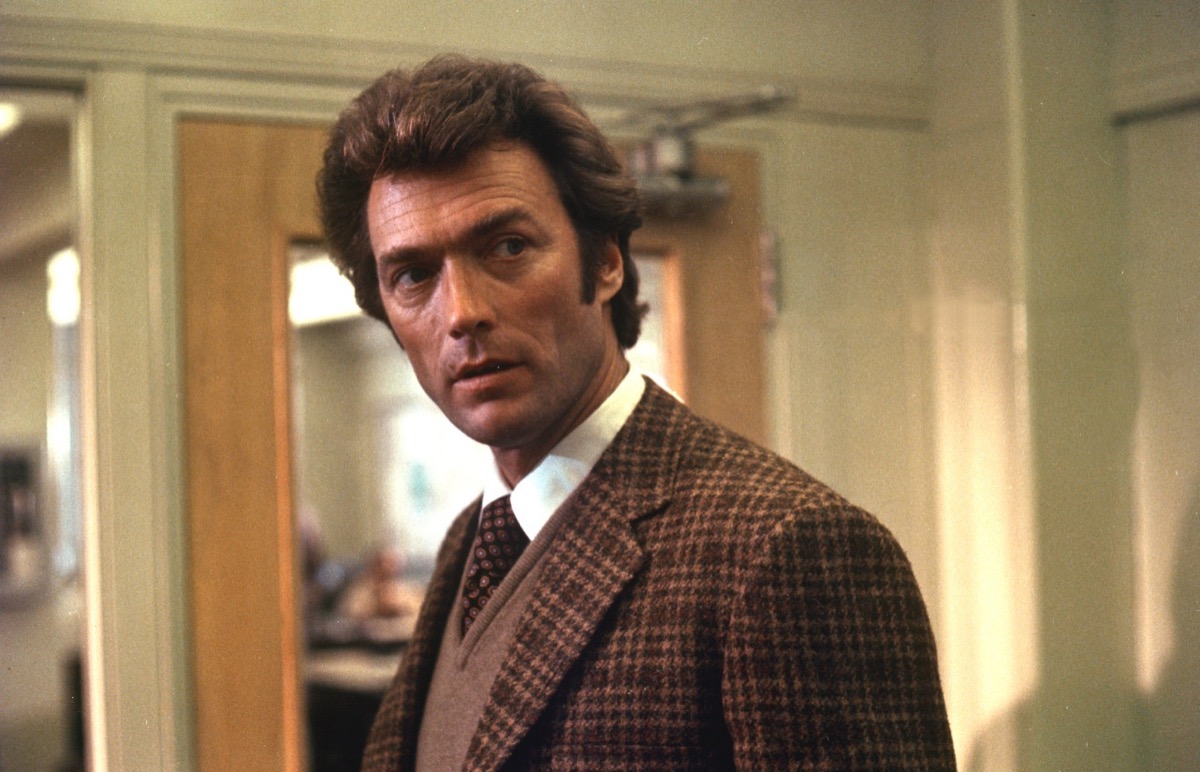
Clint Eastwood first achieved stardom in Westerns, but his role as Harry Callahan in 1971’s Dirty Harry cemented him as an icon of popular culture. The film was an immediate hit, and lines including, “Ask yourself, do you feel lucky, punk?” and “Go ahead, make my day,” are still frequently quoted today. It also started a franchise, which includes sequels 1973’s Magnum Force, 1976’s The Enforcer, 1983’s Sudden Impact, and 1988’s The Dead Pool.
The film was already controversial at the time for glorifying authoritarian policing and vigilantism. (Roger Ebert wrote in his review, “The movie’s moral position is fascist. No doubt about it.”) However, society’s views on police violence, especially racially motivated police violence, are far less tolerant now than they were in 1971, as the widespread 2020 Black Lives Matter protests showed. Looking back on the film’s 50th anniversary in The Guardian, Charles Bramesco wrote, “Harry Callahan is the cop we’ve been warned about.”
2
Psycho (1960)
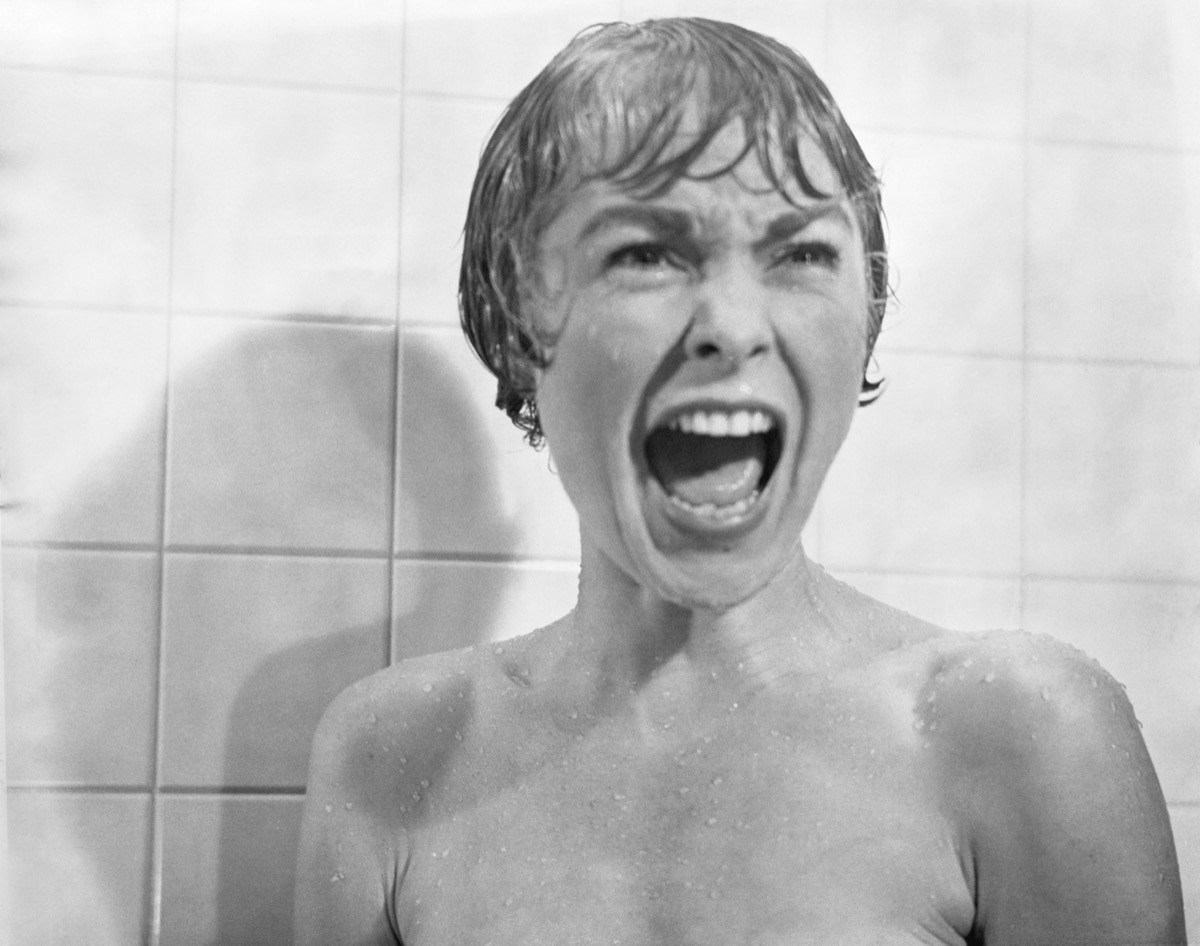
Alfred Hitchcock is considered the master craftsman of thrillers, and his 1960 film Psycho is the pinnacle of his career, inventing suspense movies as we know them today by using camera shots that don’t show the perpetrator and leaving violence up to the audience’s imagination. When it comes to jump scares and building tension, the movie has held up remarkably well, considering it’s over 60 years old.
However, one aspect of Psycho would sour audiences on it today: the blatant transphobia surrounding Anthony Perkins’ Norman Bates character, who murders his overbearing mother and takes her place. In 1960, being LGBTQ+ was considered a mental disorder by many doctors, and homosexuality was listed in the Diagnostic and Statistical Manual of Mental Disorders (DSM). (It was finally removed in 1973 after years of lobbying.) The Hays Code, which gave filmmakers a list of dos and don’ts as to what could be shown onscreen, instructed that any LGBTQ+ characters either be punished for their behavior or shown to be morally damaged. Because of this, many villains of the era when it was in effect (1934 to 1968) were coded as being gay or gender non-conforming. While Psycho is still considered a milestone in filmmaking, it seems very likely that the shocking reveal of the killer’s identity would be received differently today.
3
Cruel Intentions (1999)

When Cruel Intentions was released in 1999, it was a box office hit, and it was especially popular with teens for bringing together ’90s It couple Reese Witherspoon and Ryan Phillippe, who were married from 1999 to 2007. A reimagining of the French novel Les Liaisons dangereuses set among rich high schoolers on the Upper West Side, it was a forerunner to mid-aughts teen dramas like Gossip Girl.
As influential as it was, Cruel Intentions is a product of its time, displaying some homophobic, racist, and sexist tendencies. (Even back in 1999, however, Ebert was surprised by how homophobic these supposedly worldly teens are.) While Cecile’s (Selma Blair) mother Bunny (Christine Baranski) is shown to be bigoted in objecting to her daughter’s relationship with her Black music teacher Ronald (Sean Patrick Thomas), the language used to refer to him wouldn’t fly today. (Nor, probably, would a 14-year-old dating her instructor.) There’s also a shockingly slur-filled conversation about the jock known as “The Gregster” (Eric Mabius) having a relationship with another man. And it all ends with Sebastian (Phillippe) being the film’s hero because of his genuine relationship with Annette (Witherspoon), despite distributing revenge porn and manipulating girls into having sex with him earlier in the film.
For more movie trivia sent right to your inbox, sign up for our daily newsletter.
4
Blue Velvet (1986)
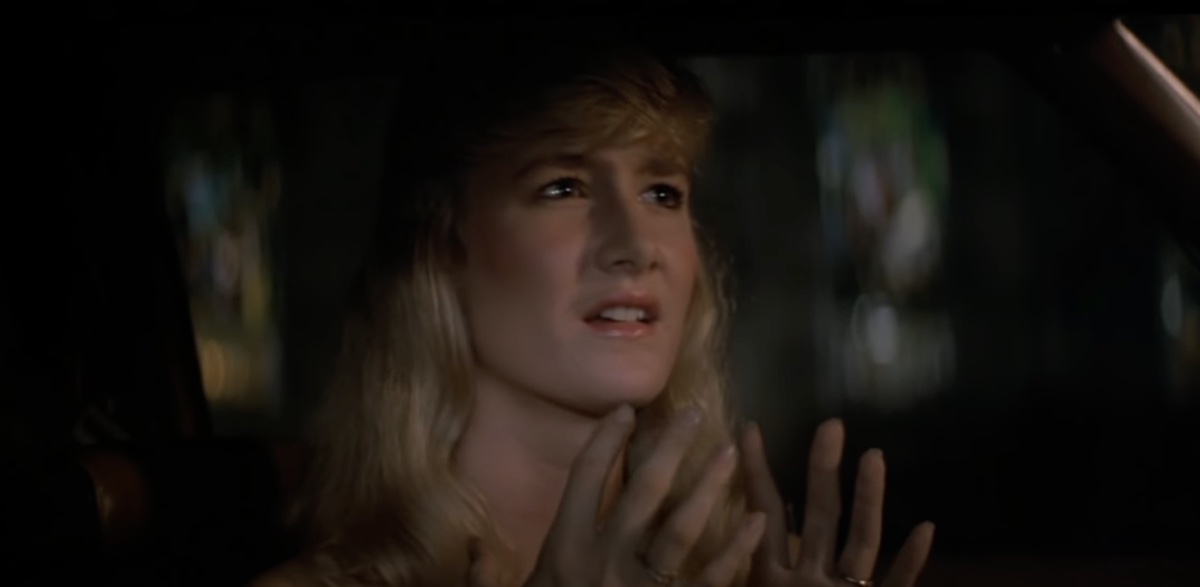
Blue Velvet is infamous for even getting made at all, as the screenplay David Lynch spent years fighting to get produced was considered to be too risky to produce by many studios. Its depiction of kink and BDSM as therapy are still not in line with today’s social mores, and even the more forward-thinking aspects of Blue Velvet probably wouldn’t make it to the screen today, especially with R-rated films falling out of favor with audiences.
However, one way in which Blue Velvet is offensively dated is in the characterization of Dennis Hopper’s Frank Booth. His obvious attraction to Kyle MacLachlan’s Jeffrey, who embodies healthy, empathetic masculinity, and his relationship with the queer-coded Ben (Dean Stockwell) are the film’s clues he is supposed to be a closeted LGBTQ+ character, and his deranged violence a product of that. While Lynch’s movie wants to expose the horrors of living up to the ideals of toxic masculinity, its homophobia undermines the message.
5
The Silence of the Lambs (1992)
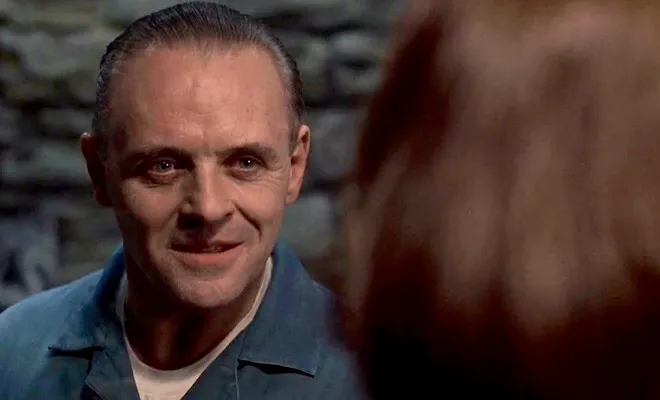
Anthony Hopkins and Jodie Foster were already accomplished, famous actors when they starred in The Silence of the Lambs, the psychological thriller that swept all five major Oscar categories that year. The New York Times review called the adaptation of Thomas Harris’ novel “pop film making of a high order,” and it’s commonly named in lists of the scariest movies of all time.
And yet, when the conversation turns to films that have fanned toxic views about transgender people, The Silence of the Lambs is usually one of the first films mentioned. Other than Hannibal Lecter (Hopkins), the main villain is serial killer Buffalo Bill (Ted Levine), who resorts to killing women and wearing their skin after being denied gender-affirming surgery.
The short-lived TV series Clarice, also adapting Harris’ work, attempted to grapple with this unfortunate legacy. Executive producer Elizabeth Kraviter told Forbes, “As much as this is a love franchise, it also is a franchise that has done a great deal of harm to a community that is already in a vulnerable position in the world, in terms of being visible, in terms of being invisible and then in terms of visibility often causing violence.”
6
Basic Instinct (1992)
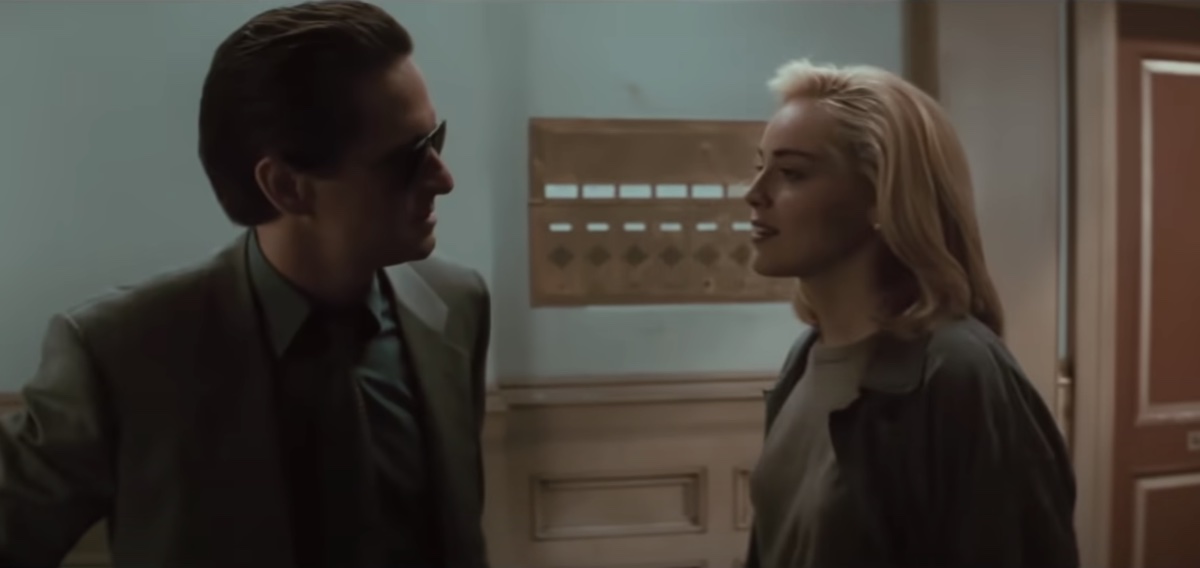
The screenplay for Basic Instinct by Flashdance writer Joe Eszterhas was a hot Hollywood property, eventually snatched up by production company Carolco Pictures. Directed by Paul Verhoeven, the erotic thriller stars Michael Douglas as an ultra-masculine detective investigating the murder of a rock musician and Sharon Stone as the crime writer who becomes his main suspect—and sexual partner.
Stone made a splash as a modern femme fatale, but gay rights groups were already protesting the depiction of her character, who is bisexual, long before the movie hit theaters. Activists attempted to disrupt filming and demonstrated at opening weekend screenings, calling out Basic Instinct for being both misogynistic and homophobic, falling back on Hays Code stereotypes by connecting Catherine Tramell’s sexuality to her penchant for violence. In addition, there’s a scene in which Douglas’ Nick Curran seems to force his sometimes-girlfriend Dr. Garner (Jeanne Tripplehorn) into sex, not to mention the controversy that has persisted over the years as to whether or not Stone was manipulated into that famous flash of frontal nudity.